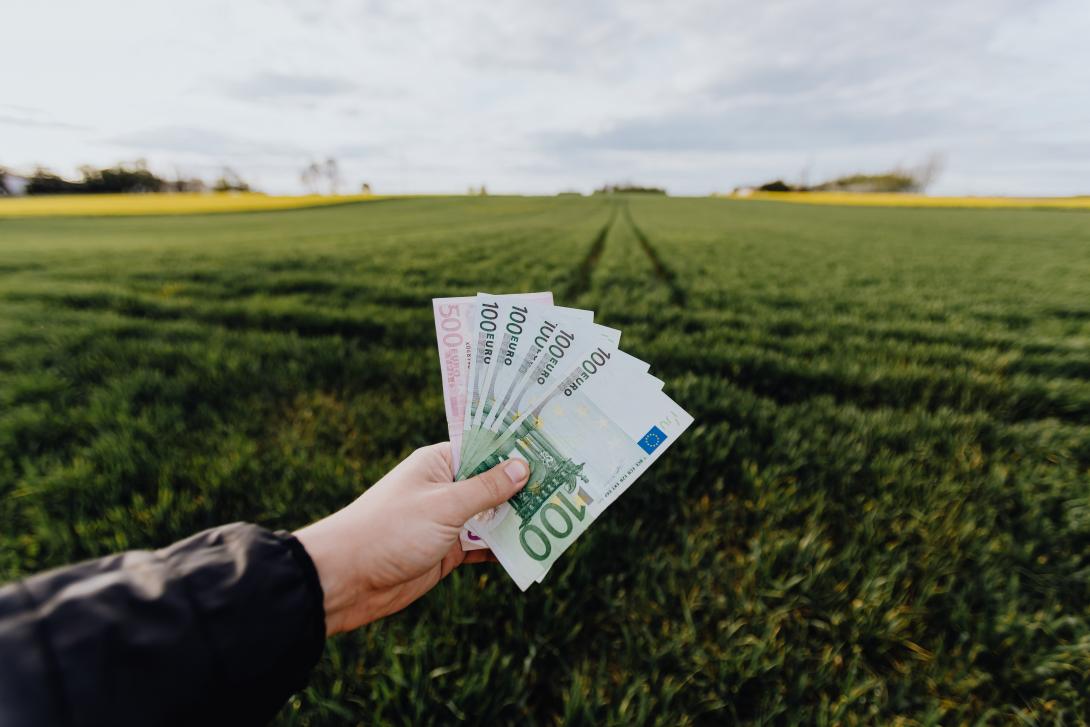How will the sustainability of agriculture be paid for? That was one of the questions that a large group of specialists, scientists, thinkers and a farmer tried to answer at the annual Forum on the Future of Agriculture, held last week in Brussels.
That agriculture and horticulture can and must become more sustainable was beyond dispute at the conference. The question is who will pick up the tab. The only farmer in the four panel discussions, the young Austrian Zeno Piatti, put his finger on the problem. 'The biggest problem and the reason why farmers are not becoming more sustainable is that it can't be done,' he said.
'If we want to have a Green Deal, a farm-to-fork strategy or a biodiversity strategy, farmers have to be paid for it. Either through the market or through payments from public money,' Piatti continued. 'The system has to change. We have to strengthen the farmer's bargaining position. And even then the question remains: is society ready for higher food prices?'
Too little money
Piatti, a second generation organic farmer, notes that there is too little money from the European Union to carry out the intended transition to sustainability. After all, the total budget of the European agricultural budget has shrunk. 'Even when we shift amounts from direct payments to eco-measures, it is not enough. That is a major concern.'
Austrian farmer also argues that the National Strategic Plans create an uneven playing field in agricultural markets. The member states are allowed to give their own interpretation to the sustainability requirements and that, he says, creates unequal competition.
